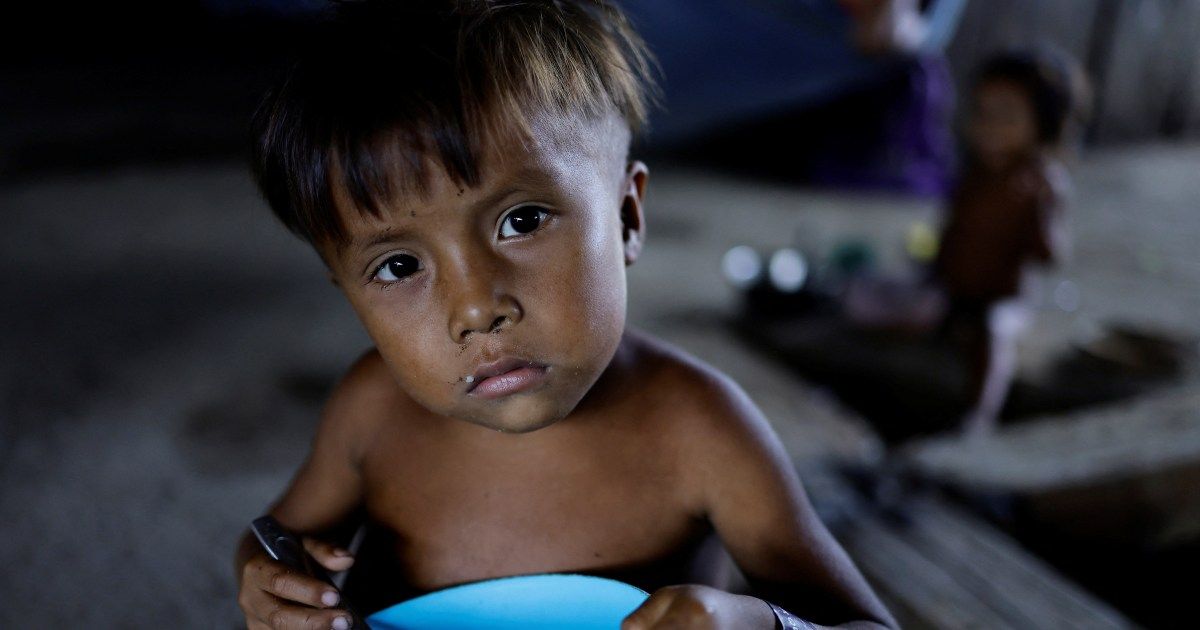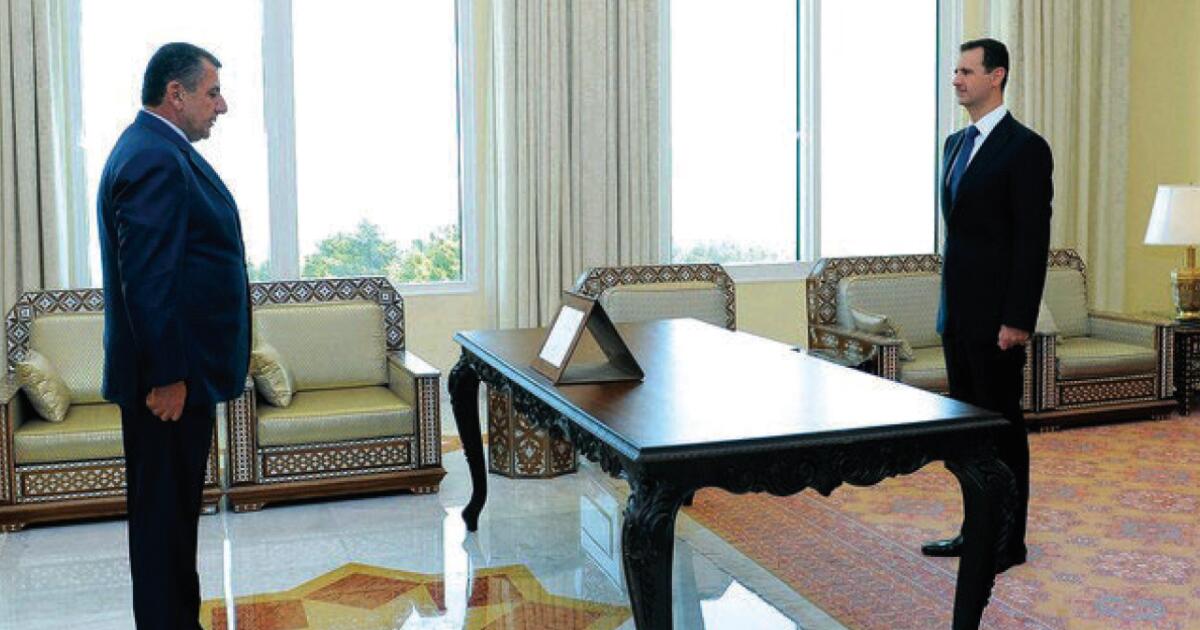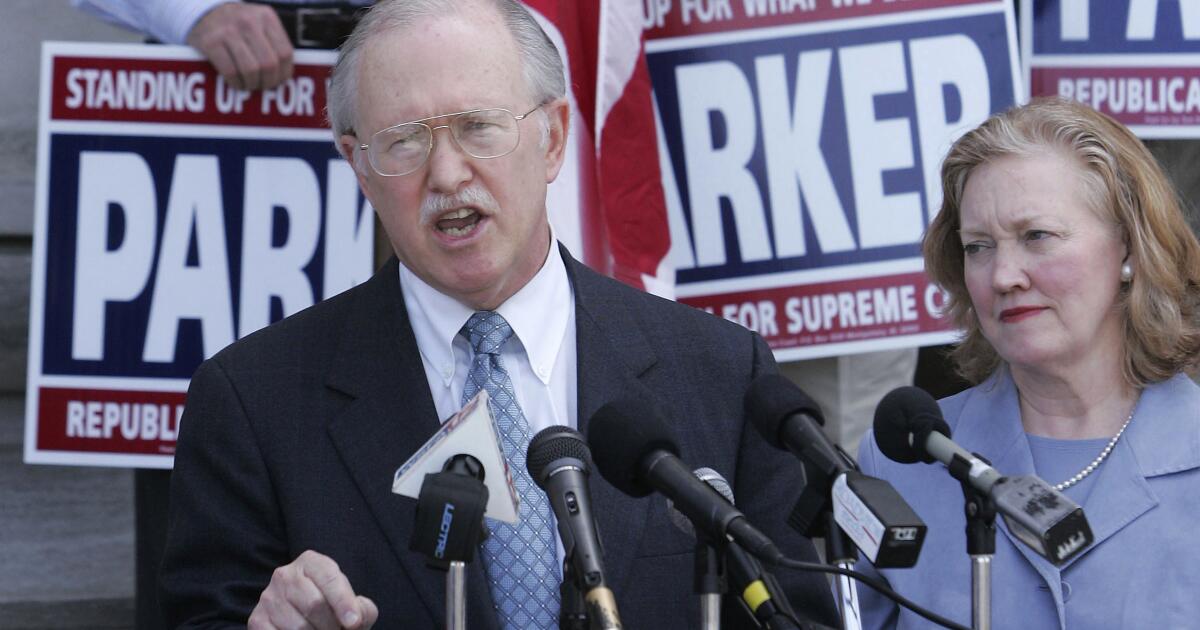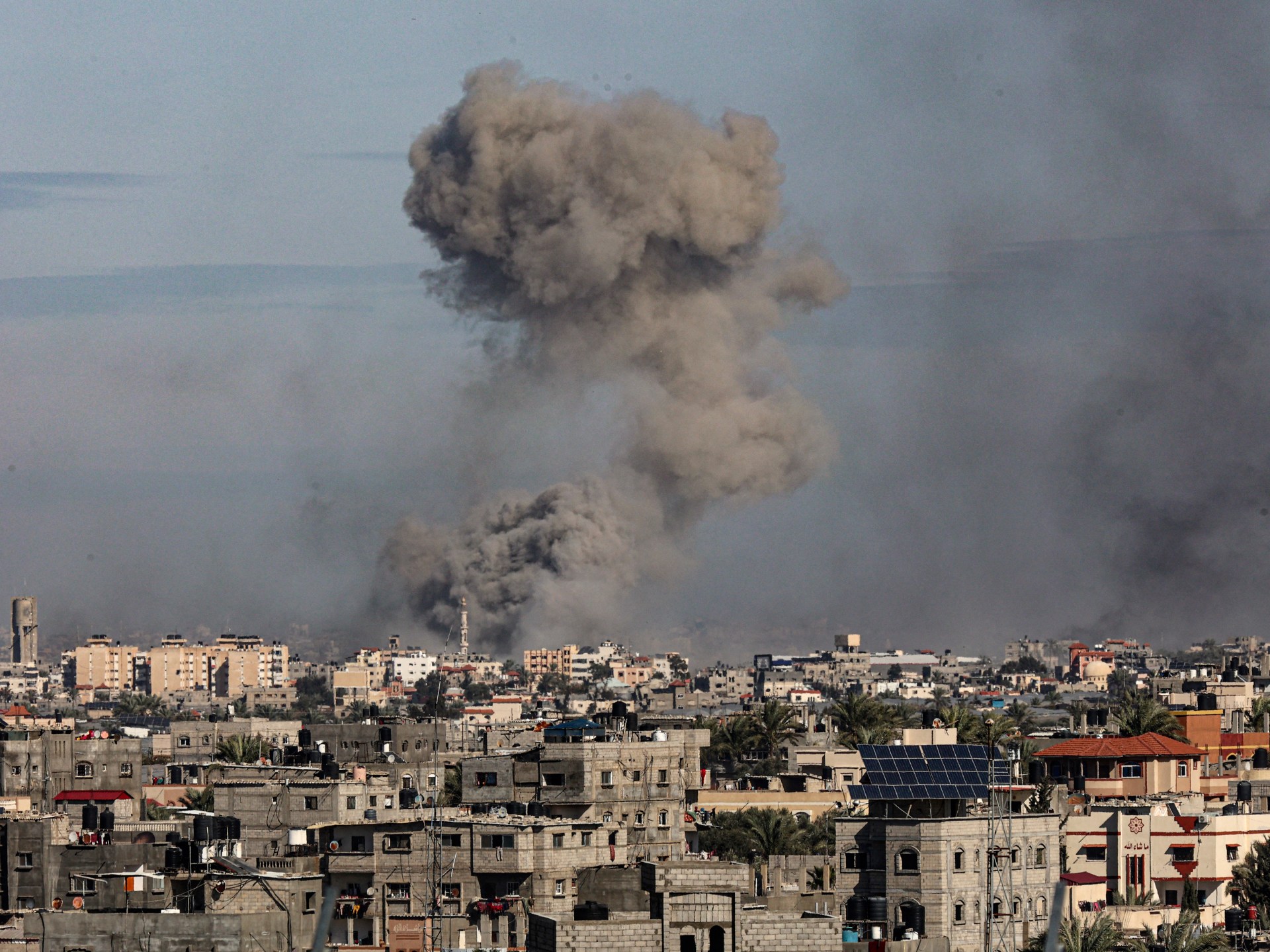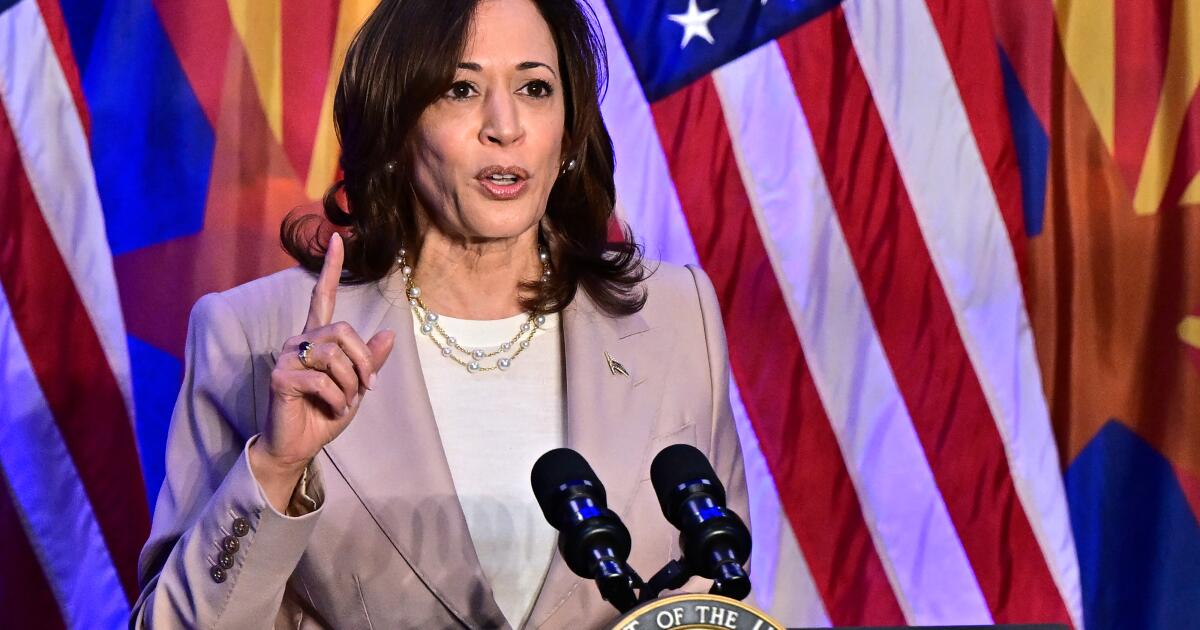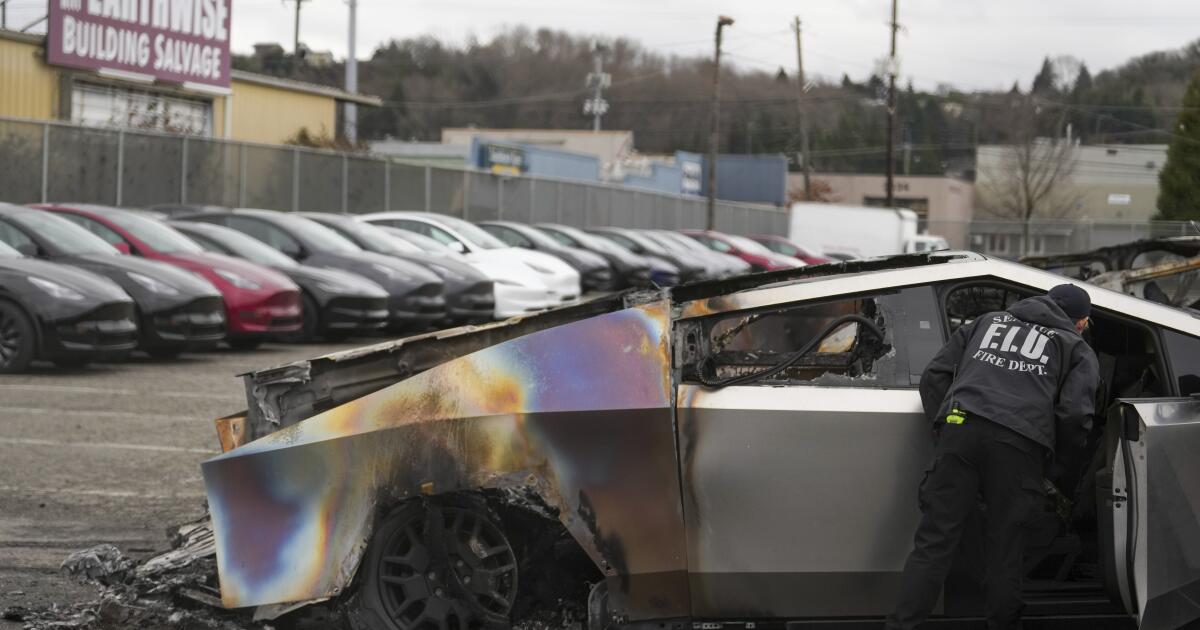In December 2022, Brazilian media published photographs of malnourished Yanomami children that shocked the nation. The indigenous people of the Amazon had long lived by hunting, farming, and gathering food and resources from the abundant rainforest. But the invasion of their lands by the Brazilian state, corporations, illegal loggers and illegal miners has now condemned them to hunger and disease.
Shortly after taking office in January 2023, President Luiz Inácio Lula da Silva moved quickly to address the crisis. He visited the Yanomami community in the northern state of Roraima and declared that a “genocide” was taking place against the indigenous people, blaming his predecessor, Jair Bolsonaro. He promised to take action and end the suffering of indigenous people.
Today, a year after Lula made his promise, the Yanomami have yet to see a radical change in their lives. Despite the measures taken by Lula's government, expelling thousands of illegal miners, the crisis in the state of Roraima persists. Many illegal miners have returned and indigenous people continue to suffer from disease and malnutrition.
In an audio message to the press, indigenous leader Dario Kopenawa of the Hutukara Yanomami Association (HAY) said: “We have seen many operations to expel miners from Yanomami lands and also about the humanitarian and health crisis. However, precariousness still persists in Yanomami territory.”
In fact, the efforts of the Lula government have not improved the situation much because the roots of the crisis go much deeper than the disastrous policies of the Bolsonaro presidency. Addressing it would require radical action.
A story of victimization
Like other countries in the Americas, Brazil was founded in the context of a genocidal campaign led by European settlers against the indigenous population. Successive Brazilian rulers and governments have oppressed and dispossessed indigenous communities over the past two centuries.
One of the worst episodes of violence in recent history took place during the Brazilian military dictatorship (1964 – 1985). Indigenous peoples were subjected to forced labor, torture, and acts of extermination at the hands of the State that sought to take over their lands to build federal highways and exploit their resources.
The forces of the dictatorship and large landowners introduced the smallpox virus into communities and distributed poisoned sugar, killing many people. Army planes dropped napalm on villages, devastating entire communities.
Although these atrocities ceased after the end of the dictatorship, the marginalization and dispossession of Brazil's indigenous peoples continued into the democratic era. During his first two terms in the 2000s, Lula was also known for pursuing policies that harmed the rights of Brazil's indigenous people.
A good example: the Belo Monte Dam on the Xingu River in the Amazon. Lula played a key role in executing the project, which was completed under the government of her successor, Dilma Rousseff, also a member of the Workers' Party (PT).
The dam flooded some 500 square kilometers (193 square miles), displacing more than 20,000 people, destroying the livelihoods of fishermen, devastating indigenous communities, and creating a deforestation hotspot in the Amazon rainforest.
Lula's environmental disaster did not stop in Belo Monte. In 2009, it decided to grant territorial rights to illegal occupants of Amazon lands, basically legalizing land appropriation and granting an amnesty to people responsible for deforestation and invasion of indigenous territories.
It also had friendly relations with the large agroindustrial sector, another enemy of indigenous rights. He gave the meat industry – known as one of the main driving forces of deforestation – access to cheap loans, allowing it to expand meat production and export exponentially, increasing its appetite for cleared land.
Bolsonaro's policies – although widely condemned by the PT – were simply an extension of decades-long Brazilian state policy of complete disregard for the rights and well-being of indigenous peoples.
A crisis that has been brewing for decades
Bolsonaro's open disdain for indigenous communities encouraged further invasion of their lands. Illegal loggers and miners linked to organized crime flooded the Amazon, terrorizing indigenous communities, including the Yanomami.
They killed indigenous activists and rangers trying to protect the forest, prevented people from hunting and growing food, poisoned water resources with mercury and other harmful substances, spread diseases such as COVID-19 and malaria, and even prevented health will reach the communities.
This devastated the Yanomami people, who have one of the largest indigenous territories in the country, with almost 10 million hectares. It is estimated that 28,000 indigenous people reside there, so the following figures paint a disturbing picture.
Malnutrition, hunger, pneumonia, and mercury poisoning killed 570 Yanomami children between 2018 and early 2023. In 2022 alone, at least 99 Yanomami children five years old or younger died.
In January 2023, the Ministry of Health reported that almost 10 percent of malaria cases recorded in the country were found in Yanomami communities, although they represent just 0.013 percent of the Brazilian population.
While Bolsonaro's actions undoubtedly made the situation for the Yanomami and other indigenous groups much worse, he was by no means solely to blame for this disastrous situation. The systematic disregard of indigenous rights has long had deadly consequences for indigenous communities.
For example, one year after construction work on the Belo Monte dam began, the number of very underweight indigenous children increased by 53 percent; In the first two years, cases of intestinal parasites increased by 244 percent.
In fact, the current crisis with the Yanomami people did not happen overnight either. Lula has tried to manage it by cracking down on illegal mining and launching a special task force to address the problem. Many people suspected of criminal activities were arrested and their mining equipment and aircraft were destroyed or confiscated, as seen.
Emergency health care units were also sent to Yanomami territories, as well as supplies of medicine and food.
In May 2023, the Ministry of Health announced that in the first four months of the public health emergency for Yanomami territories announced by Lula, 67 of the 122 recorded deaths of Yanomami people were children and adolescents; most of them had succumbed to curable diseases, such as pneumonia and diarrheal infections.
By October 2023, the number of deaths had reached 215, surpassing the total for 2022. More than half of the deaths were children up to four years old; 29 of them were due to malnutrition and 90 due to infectious diseases. Shortly after this grim statistic was made public, the government stopped publishing official reports, perhaps an indirect admission that it had failed to resolve the crisis.
Speaking to the press, HAY has also said that illegal mining on Yanomami lands continues, with 5,432 hectares (13,423 acres) devastated by such activities in 2023.
Stop a genocide
Lula's efforts to address the Yanomami crisis are clearly not enough. And since the Yanomami are no longer in the media spotlight (government officials and celebrities have ceased their public relations visits to the communities), they risk being forgotten and ignored once again.
One of the main problems is that the government does not appear to be consulting with indigenous people on ways to address the crisis. An example of this is the allocation of 1.2 billion reais (240 million dollars) and the construction of a “Government House” in the state of Roraima, where all federal institutions involved in the protection, security and development of the region. The government has said the House will help implement an “action plan” to address the crisis, which HAY says it has not been consulted on.
In his audio message to the press, Kopenawa explained: “We have not sat down with them, nor has the government consulted us, the local leaders… We do not see this money being invested in Yanomami lands but in the government from the state of Roraima. , so the money will not be used for the specific needs of the Yanomami… [it] It will not solve the deaths, the malnutrition, the malaria cases, the health care structure.”
The second serious problem is that the government is defending the interests of people and industries that fundamentally threaten indigenous communities.
In an interview with me, the coordinator of the Roraima Indigenous Council, Edinho Batista of the Macuxi people, said: “The state and federal governments are allied with plans that have been directly affecting indigenous communities. Construction companies, thermal and hydroelectric plants and soy cultivation have been affecting the lifestyles and territories of indigenous peoples who are already disturbed by organized crime and mining. Yanomami land is an example of criminal acts that kill people; Meanwhile, the government maintains close relationships with companies, merchants, politicians and other economic actors who have been financing mining on Yanomami lands.”
In other words, for the crises in Yanomami lands and in all indigenous territories to be resolved, the Brazilian government has to start listening to indigenous peoples and completely reform its economic policies. It cannot continue to favor big agribusiness, the meat industry, oil and gas extraction and the export of raw materials, produced at the expense of nature and indigenous peoples.
It cannot continue to implement “half-measures”: sending security forces to clear the forests of illegal miners and then remove them. Send some food and medical supplies, but fail to establish permanent health care infrastructure to ensure the well-being of indigenous peoples.
It cannot continue to treat indigenous peoples as if they were second-class citizens.
“It is also important that the government pay compensation to the Yanomami who have lost half of their people and that criminals are investigated, identified and punished. Then there will be justice and then these people will be truly respected and seen as part of society, not as a group that does not belong to Brazil and does not deserve respect,” Batista told me.
At the United Nations Climate Conference in Dubai (COP28) last year, Lula, who is trying to present himself as a global climate leader, was accompanied by a large delegation led by Sonia Guajajara, Minister of Indigenous Peoples.
In a statement after the end of the conference, Guajajara, a lifelong advocate of indigenous and environmental rights, set important goals – including the protection of indigenous rights and zero deforestation – for COP30, which Brazil will host. within two years.
If Lula and his government are truly committed to meeting important climate commitments, they don't have much time to waste. They need to reform their economic policies immediately with indigenous rights and sustainability in mind. Otherwise, in 2025, they will preside over a COP in the midst of a climate catastrophe and indigenous genocide.
The views expressed in this article are those of the author and do not necessarily reflect the editorial position of Al Jazeera.

